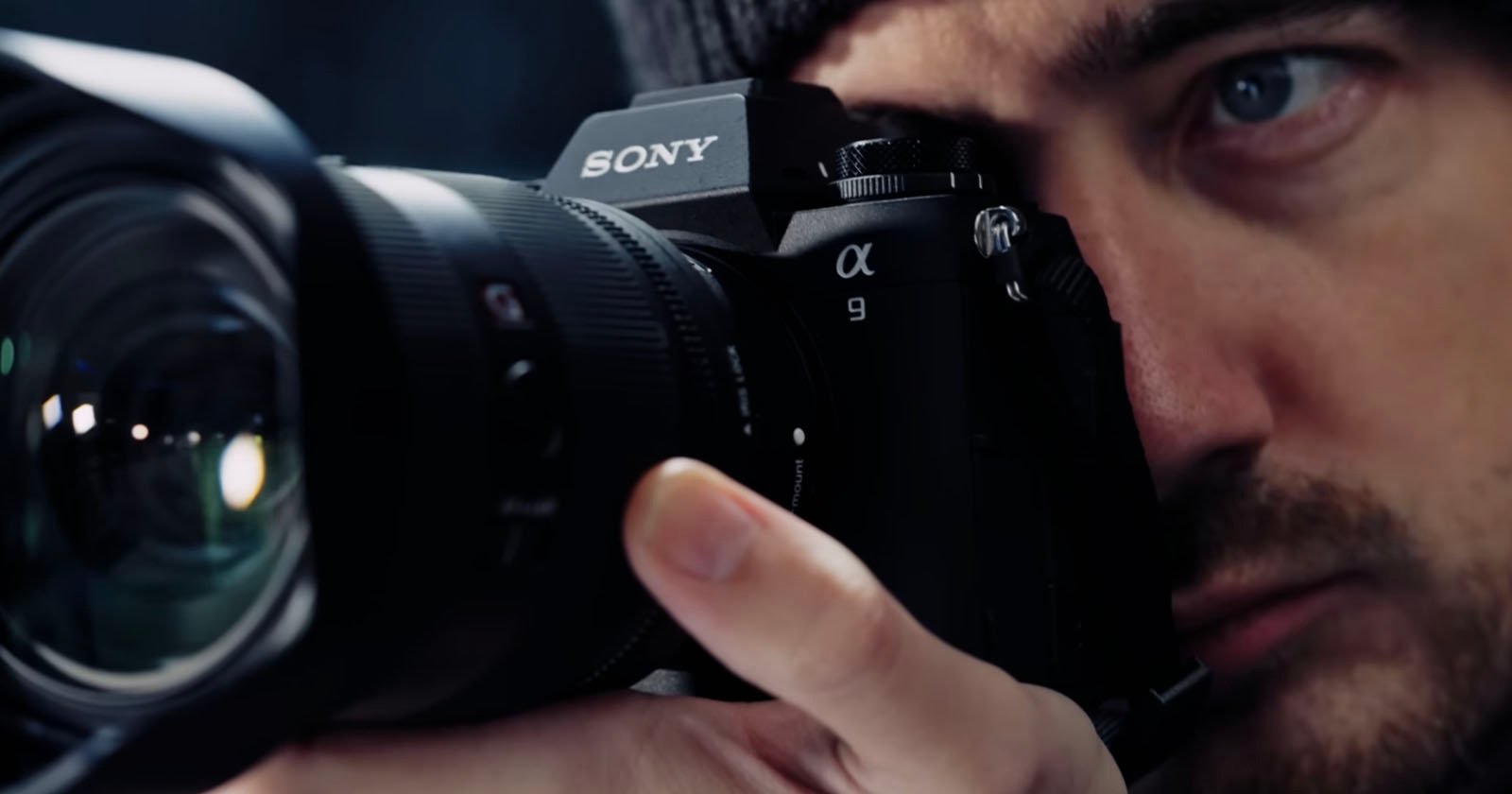As the Content Authenticity Initiative shifts its focus to combatting artificial intelligence, Nikon, Sony, and Canon are set to introduce support for the (CAI) C2PA digital signature system in 2024.
There is a growing likelihood that all major camera manufacturers will incorporate authenticity features by 2024, primarily targeting high-end professional cameras. Leica is the only company that has implemented the CAI’s digital signature method so far. Sony has announced plans to integrate this technology into future camera models such as the A9 III, Alpha 1, and A7S III, following a successful collaboration with the Associated Press.
According to Nikkei Asia, Canon is expected to launch a new camera with these capabilities this year, potentially the rumored R1 model. Both Canon and Sony are reportedly working on methods to add electronic signatures to videos.
Canon is also developing photo management software to differentiate between human-captured images and AI-generated ones. They will support the CAI’s Verify program, a web application that can display image provenance when electronically signed.
Nikon is planning to introduce an image history feature in its Z9 camera using the Content Credentials program by CAI. This feature will verify image integrity by providing details about the images’ sources and provenance.
The CAI utilizes the C2PA framework to validate a photo’s history, and Nikon is incorporating this into their cameras, specifically in the Z9 model.
Despite these advancements, release dates for these features have not been specified by the companies.
The CAI’s focus on combating AI-generated imagery through its Verify program has evolved over time. While the system may not detect AI-generated images, it can identify images with the CAI electronic signature, emphasizing verification over detection of fakes.
The CAI’s history predates the rise of AI-generated content, originally aiming to ensure image authenticity rather than combat AI. However, recent developments show a shift towards addressing deepfakes and AI-generated content.
The concept of material authenticity, as supported by the CAI, aims to establish rules for media outlets to prevent the dissemination of altered images. While this system can verify image authenticity, it does not prevent the spread of false images on social media platforms, which remain a significant source of misinformation.
Consumers are encouraged to verify content authenticity using tools like Content Credentials to combat misinformation effectively. The vision is for all images to contain embedded information for verification, fostering trust and credibility online.
The collaboration between CAI and camera manufacturers signals progress towards ensuring image authenticity, though challenges remain in verifying existing images without CAI support. Educating consumers to verify content authenticity is crucial in combating the spread of false information online.






